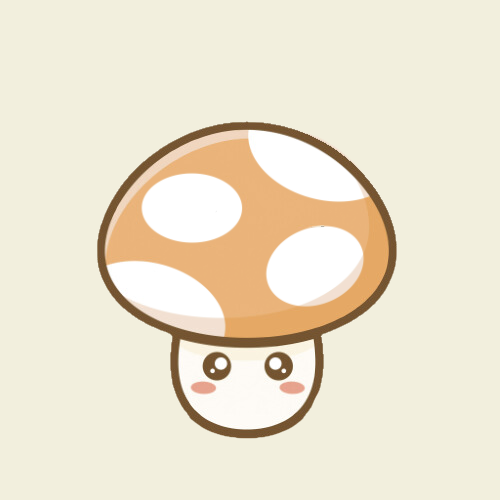Introduction:
Embarking on a journey into the captivating realm of mycology is akin to stepping into a clandestine world, hidden beneath the surface of our everyday perceptions. As a devoted mycologist, I find myself continually captivated by the intricate beauty and ecological significance of fungi. In this post, let us delve into the multifaceted universe of mycology, a discipline that unveils the secrets of this often-overlooked kingdom.

The Essence of Mycology:
Mycology, as the name suggests, is not merely a study of organisms but an immersive exploration into the essence of fungi. These organisms, distinct from plants, animals, and bacteria, possess a diversity that challenges the imagination. From the microscopic intricacies of mold to the majestic forms of fruiting bodies, mycology delves into the taxonomy, morphology, ecology, and genetics of fungi.
Fungal Ecological Roles:
At the heart of mycology lies an appreciation for the pivotal roles fungi play in the grand symphony of nature.
-
Decomposition Mastery: Fungi, the consummate decomposers, orchestrate the breakdown of organic matter. In this intricate dance, they recycle nutrients and maintain the delicate balance of ecosystems.
-
Mycorrhizal Symphony: Mycorrhizal associations, the symbiotic partnerships between fungi and plants, underscore the complexity of ecological interdependence. These alliances enhance nutrient absorption, promote water uptake, and contribute to the overall vitality of plant communities.
-
Diversity Beyond Measure: From the understated elegance of lichens to the ephemeral beauty of slime molds, fungal diversity is a testament to nature's creativity. Some fungi produce antibiotics, forging a silent battle against microbial foes, while others weave intricate mycelial networks beneath our feet.
Mushroom Cultivation: An Art and Science:
As a mycologist, the art and science of cultivating mushrooms are endeavors close to the heart. Witnessing the emergence of edible treasures like shiitake and oyster mushrooms brings a profound sense of connection with these organisms. Mushroom cultivation, once an ancient art, has evolved into a fascinating blend of tradition and modern innovation.
Mycology in Medicine:
My own journey in mycology has been marked by the realization that fungi are not only ecological maestros but also pharmacological wonders. The discovery of penicillin, a breakthrough born from the fungus Penicillium, paved the way for the antibiotic era. Today, mycologists delve into the potential medicinal applications of fungi, exploring their role in cancer treatments, immune system modulation, and addressing neurodegenerative diseases.
Challenges and Conservation Efforts:
Yet, amidst the awe-inspiring revelations, mycology faces its own set of challenges. Habitat loss, pollution, and the specter of climate change threaten fungal ecosystems. As mycologists, our duty extends beyond discovery; we are stewards advocating for the conservation of these enigmatic organisms.
Conclusion:
In the world of mycology, each spore carries the potential for discovery, and every mycelial thread weaves a narrative of ecological interconnectedness. As a mycologist, I invite you to join the exploration of this mystical kingdom, where the study of fungi transcends scientific curiosity—it becomes a profound journey into the heart of life's intricate tapestry.
